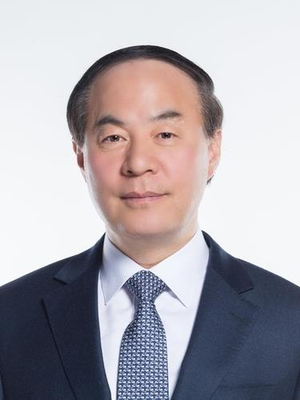Seoul: Samsung’s new semiconductor chief pledged on Thursday to restore the company’s leadership in the global chip market amid the ongoing transition driven by artificial intelligence (AI).
“We are at the centre of the AI era and facing an unprecedented future,” Vice Chairman Jun Young-hyun stated in his inaugural letter on the company’s internal bulletin.
“This presents a significant challenge, but if we navigate it properly, it will become a major opportunity for our semiconductor business, which is essential in the AI era.”
Jun was recently appointed head of Samsung’s semiconductor division as part of the company’s strategy to revitalise its struggling chip sector, reports Yonhap news agency.
Last year, Samsung Electronics posted an annual loss of 15 trillion won ($11 billion) due to declining demand for IT products. Despite this, the company hesitated to cut memory production, exacerbating the financial loss.
The company also lost its leadership in the high-bandwidth memory (HBM) market, a crucial segment in the expanding AI sector.
SK hynix now leads the HBM market with a 53 per cent share, compared with Samsung’s 38 per cent.
On top of that, on Wednesday, the company’s unionised workers announced plans to go on a strike in protest against stalled wage negotiations with the management.
Jun expressed confidence in overcoming these challenges, citing Samsung’s extensive experience in the memory chip industry and its untapped potential.
“As an executive, I feel a heavy responsibility for the current situation,” he said. “I will analyse the circumstances with renewed determination and find ways to overcome these difficulties.”
Jun, who joined Samsung Electronics in 2000, has extensive experience in the semiconductor and battery sectors.
After leading the development of DRAM and NAND flash memories in the chip division, he took over Samsung SDI Co. in 2017, helping the battery maker shift to the black in 2020 and become a major player in the global market.
–IANS


Comments are closed.